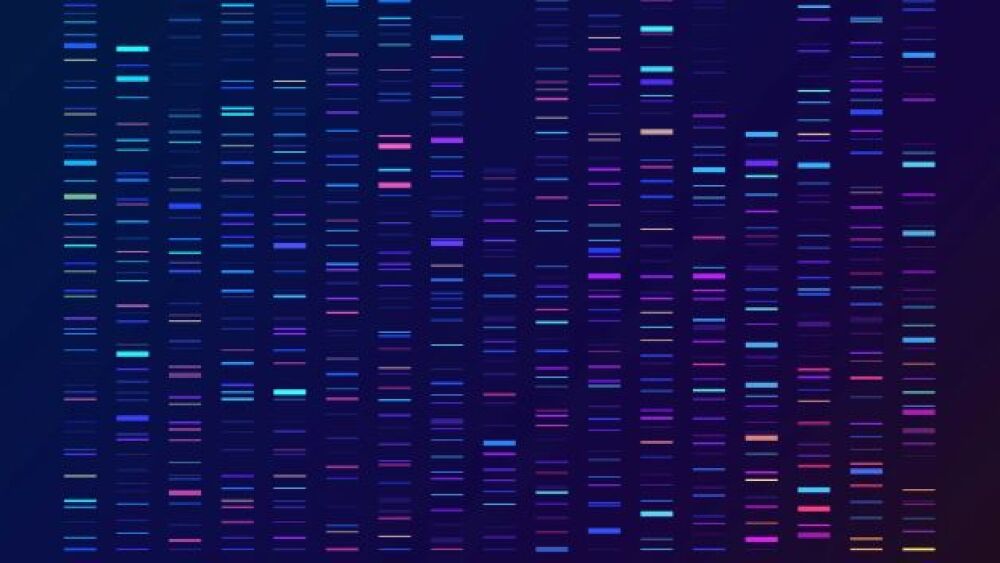A new study was published this week and proposed a potential new biomarker for predetermining patient responsiveness to immune checkpoint blockade therapy.
There’s a new potential biomarker to determine the effectiveness of immune checkpoint blockade therapy.
Digital interdisciplinary journal Science Translational Medicine published a new study this week led by researchers at The University of Texas M.D. Anderson Cancer Center proposed a potential new biomarker for predetermining patient responsiveness to immune checkpoint blockade therapy.
While ICB therapies have been shown to be beneficial to some patients, it can be difficult to predict whether a patient will respond well to the treatment. This is especially true for non-hypermutated cancers or cases in which the cancer cells have a relatively stable genetic replication process that does not over-introduce novel point mutations.
Analyzing the data across almost a dozen different studies, the researchers found that cancer cells exhibiting defects in their replication stress response gene were associated with positive responses to immune checkpoint blockade therapy in 12 cohorts of patients with non-hypermutated cancers. This newly-discovered trait may be able to help identify which cancer patients are more likely to respond to ICB treatments.
Significance of Immune Checkpoint Blockade Therapy
These are extremely important therapy options for patients, often because they can somewhat alleviate the extremity of concurrent treatments. Cancer cells usually find a way to activate certain immune system checkpoints that prevent the immune system from becoming overactive. By inhibiting these checkpoints, immune checkpoint blockade therapy can help stimulate the immune system.
This increased stimulation allows the body’s innate immune system to throw cancer cells a few more punches. As a result, the patient may be able to decrease reliance on other therapies, such as not needing as a high a dosage of chemotherapeutic drugs. The biopharmaceutical industry has already started developing treatments in this area, as seen in monoclonal antibody drugs like nivolumab (Opdivo), ipilimumab (Yervoy), and Pembrolizumab (Keytruda).
The ability to identify patients whose cancers may be responsive to immune checkpoint blockade therapy is appealing, but more so maybe the ability to induce this vulnerability pharmacologically. While clinical studies still need to be performed to further validate this analysis, any potential relationship between a defunct gene and a cancer treatment is an opportunity to exploit in favor of the patient.
However, the analysis did address some cases where cancer patients with high rates of defectiveness in their replication stress response genes have a lower risk of death than other patients. This implies a potential associated survival benefit independent from that, which is gained by immune checkpoint blockade therapy.
Regardless of whether this relationship is causational or incidental, if it were to become better substantiated, the potential development for drug treatments that would target and make defective this replication stress response gene could be on the horizon. Inducing this particular treatment vulnerability in cancer could make great strides toward safer, more comfortable, and more effective therapies for early-stage cancers.
The study on immune checkpoint blockade therapy was spearheaded by the Departments of Systems Biology, Genitourinary Medical Oncology, and Biostatistics, at the M.D. Anderson Cancer Center, and additionally contributed to by researchers from the Northwestern University’s Feinberg School of Medicine in Chicago, the Baylor College of Medicine in Houston, and The Netherlands Cancer Institute.





